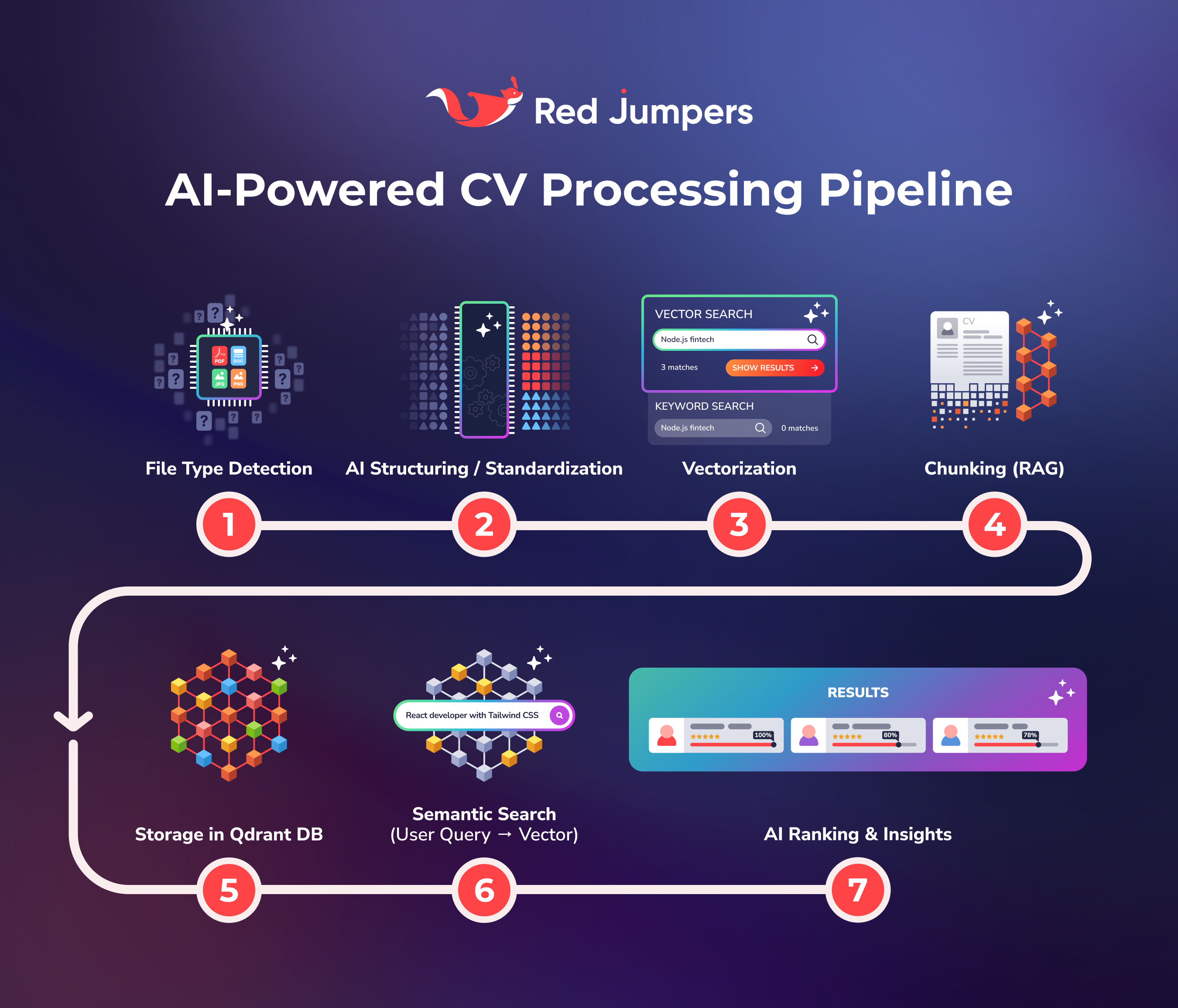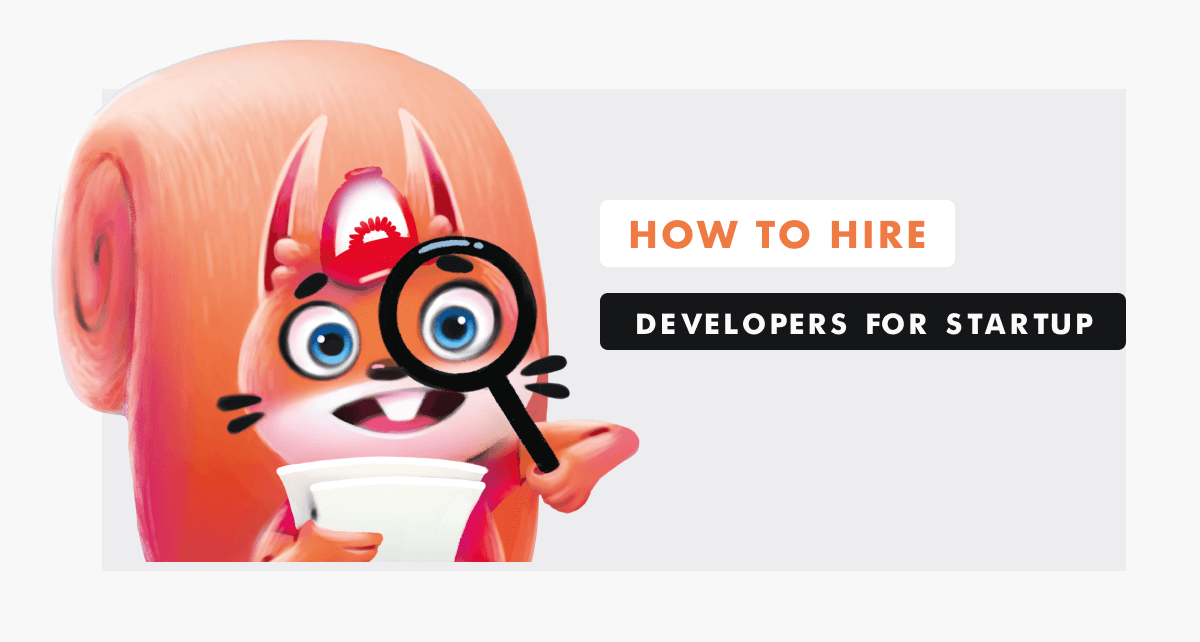
In today’s digital-first world, your website is often the first point of contact between your brand and your audience. Choosing the right platform for building and managing your website is a critical decision that can significantly impact your business’s growth, user experience, and long-term scalability. At iWeb, we’ve helped businesses of all sizes navigate this choice, and we’d like to share our expert insights to guide you in selecting the best platform for your needs.
Understand Your Business Goals
Before you even look at platforms, it’s essential to define the purpose of your website. Are you creating an e-commerce store, a portfolio, a blog, or a corporate site? Different platforms are optimized for different needs:
- E-commerce: Platforms like Shopify, BigCommerce, or WooCommerce (on WordPress) are ideal for online stores.
- Simple Landing Pages: Tools like Wix or Card are quick to set up for simple campaigns or small projects.
- Corporate or Portfolio Sites: Content management systems (CMS) such as WordPress, Webflow, or Squarespace offer flexibility for professional presentations and custom content.
Knowing your primary goals ensures that you choose a platform that aligns with your business strategy and future growth.
Consider Your Technical Expertise
Some platforms require more technical knowledge than others. If your team lacks web development experience, a user-friendly drag-and-drop builder like Squarespace or Wix might be suitable. For companies seeking complete control over design, functionality, and scalability, WordPress or Webflow provide more advanced customization options—but they often require coding skills or developer support.
Evaluate Flexibility and Scalability
Your website should grow with your business. Consider whether the platform allows you to:
- Add new features or integrate third-party tools.
- Handle increased traffic without performance issues.
- Support future redesigns or expansions.м
Platforms like WordPress or Webflow are highly flexible and scalable, while some closed systems, like Wix or Squarespace, may impose limitations as your business grows.
Assess SEO and Performance Capabilities
Search engine optimization (SEO) and website performance are critical for attracting and retaining visitors. When evaluating a platform, look at:
- Speed optimization features and mobile responsiveness.
- Ability to implement SEO best practices (meta tags, structured data, URL control).
- Integration with analytics tools for performance tracking.
A technically solid platform gives you a competitive edge in search engine visibility and user experience.
Consider Cost and Maintenance
Platform costs vary widely, and it’s essential to account not only for initial setup but also ongoing maintenance:
- Hosting fees and domain registration.
- Platform subscription or license fees.
- Costs for updates, security, and additional plugins or apps.
Choose a platform that balances functionality with budget, while keeping long-term maintenance manageable.
Support and Community
Reliable support can save you time and frustration. Evaluate whether the platform offers:
- Dedicated customer support or helpdesk.
- Documentation, tutorials, and community forums.
- Regular updates and security patches.
A strong support network ensures that you can address technical challenges quickly and efficiently.
Conclusion
Choosing the right platform for your website is not just a technical decision—it’s a strategic one that affects user experience, business growth, and operational efficiency. At iWeb, we recommend taking a structured approach: define your goals, assess your technical capabilities, evaluate scalability, consider SEO and performance, and factor in costs and support.
By carefully weighing these factors, you’ll select a platform that not only meets your immediate needs but also supports your long-term vision. Whether you’re a small business owner, a growing startup, or an established enterprise, the right website platform is the foundation of your digital success.
The article was prepared by a specialist in the advertising department
Digital Agency iWeb
https://i-web.top/




